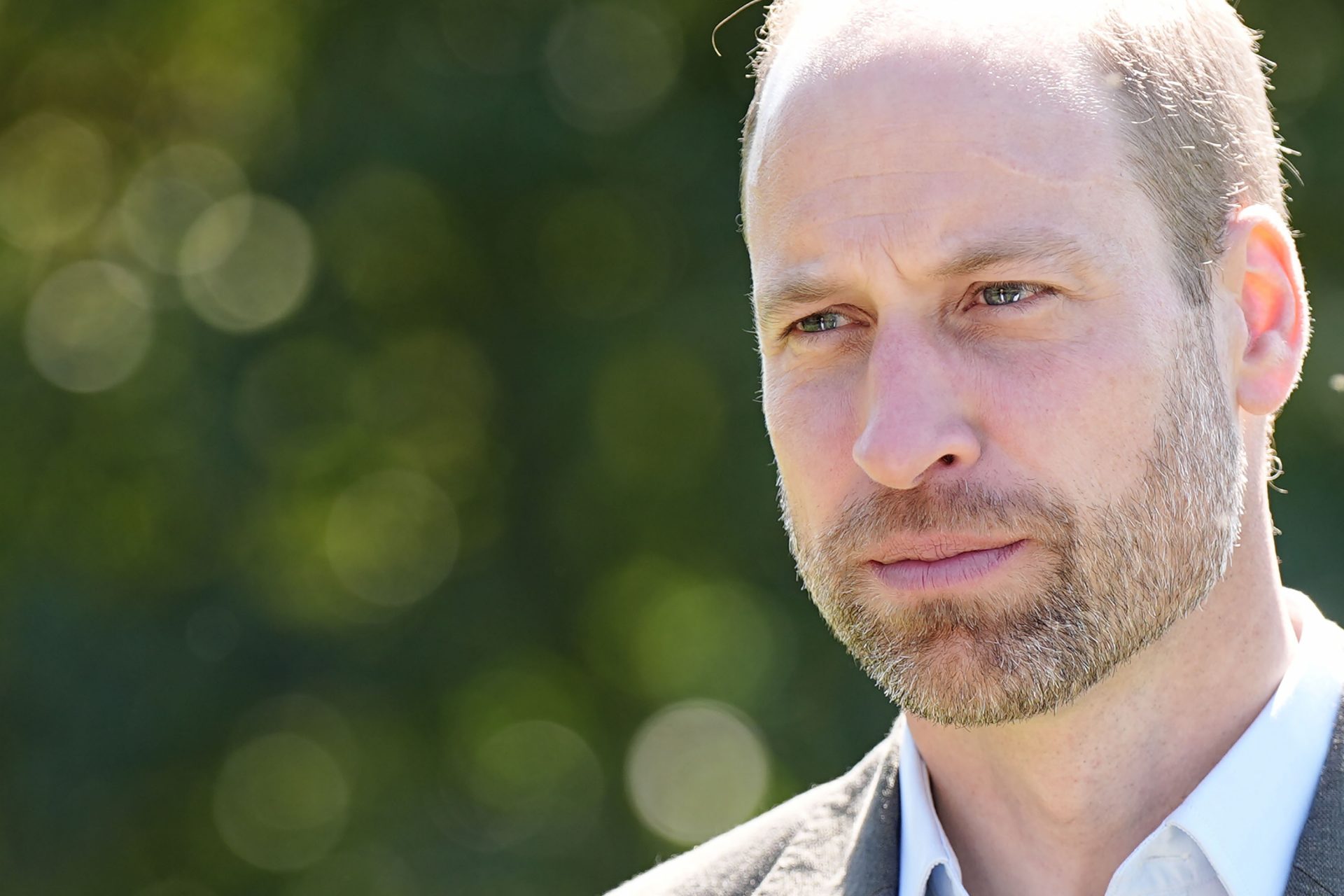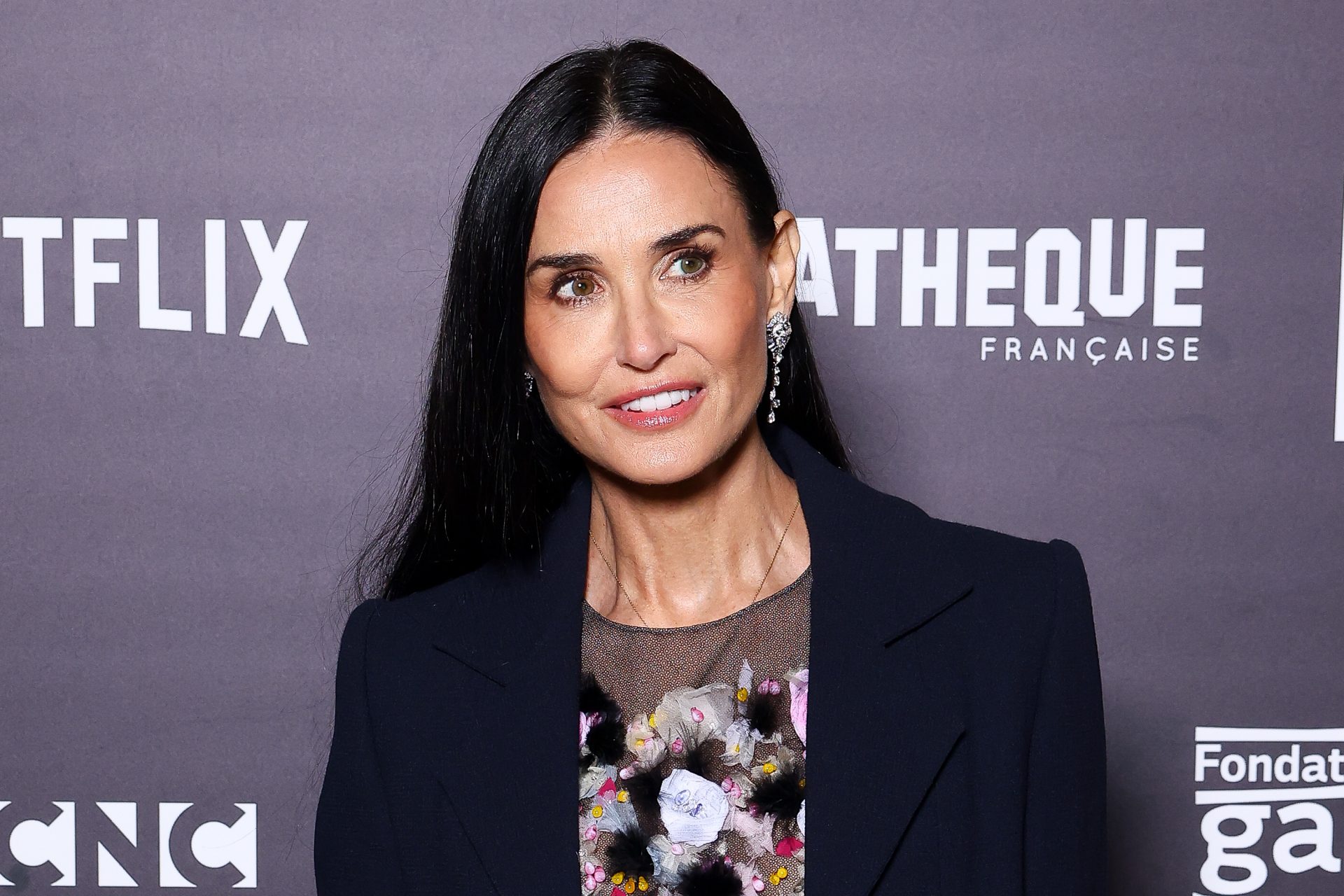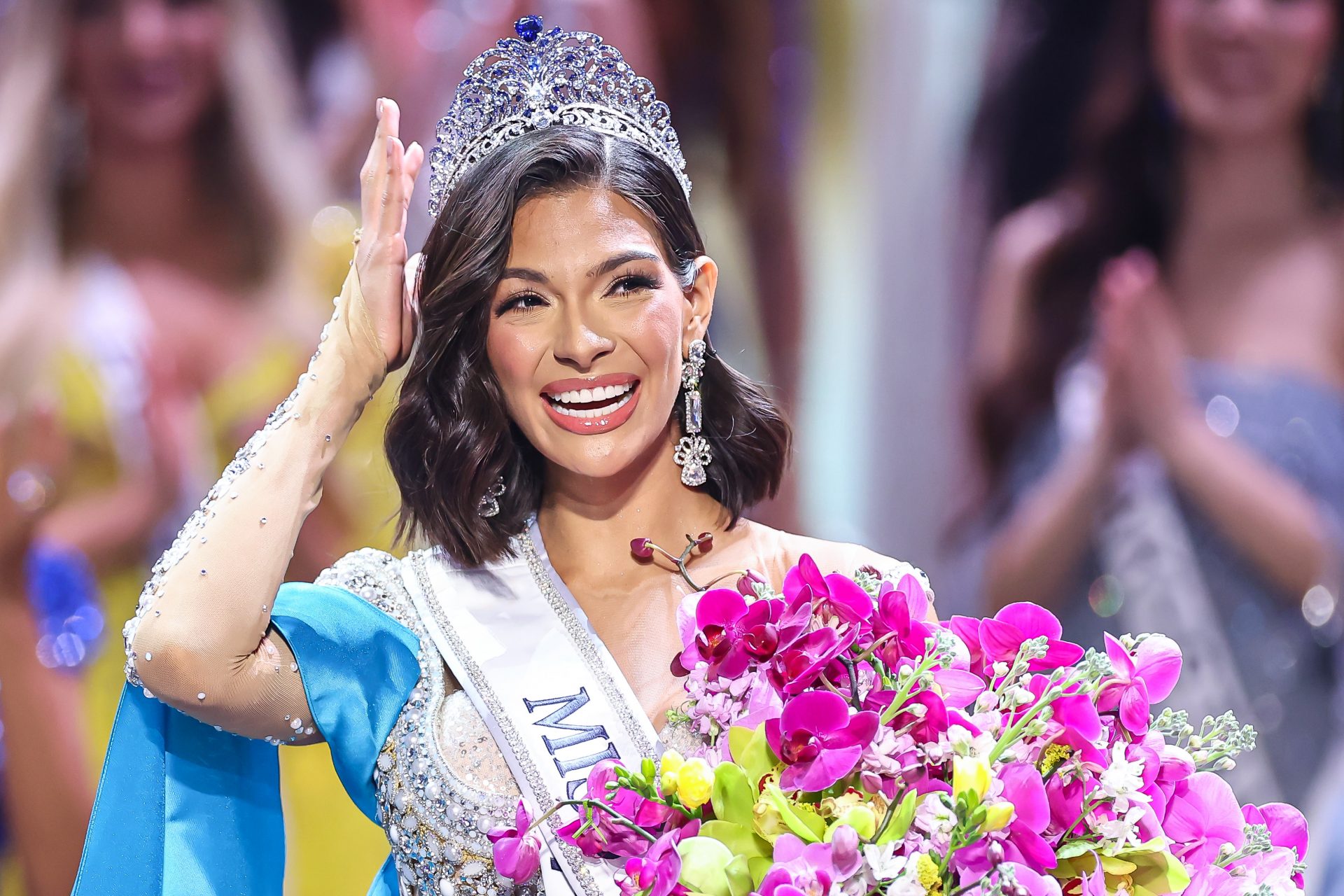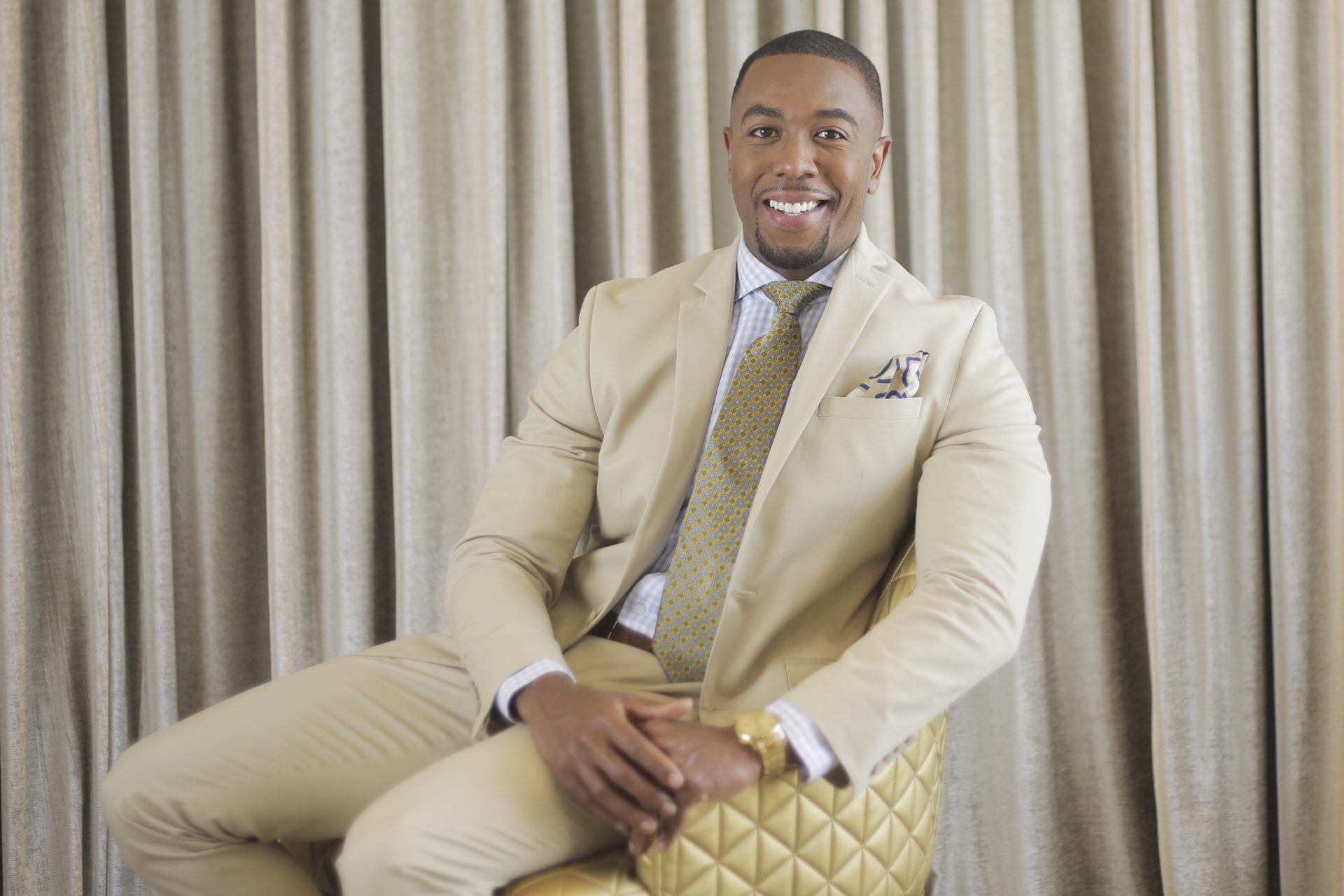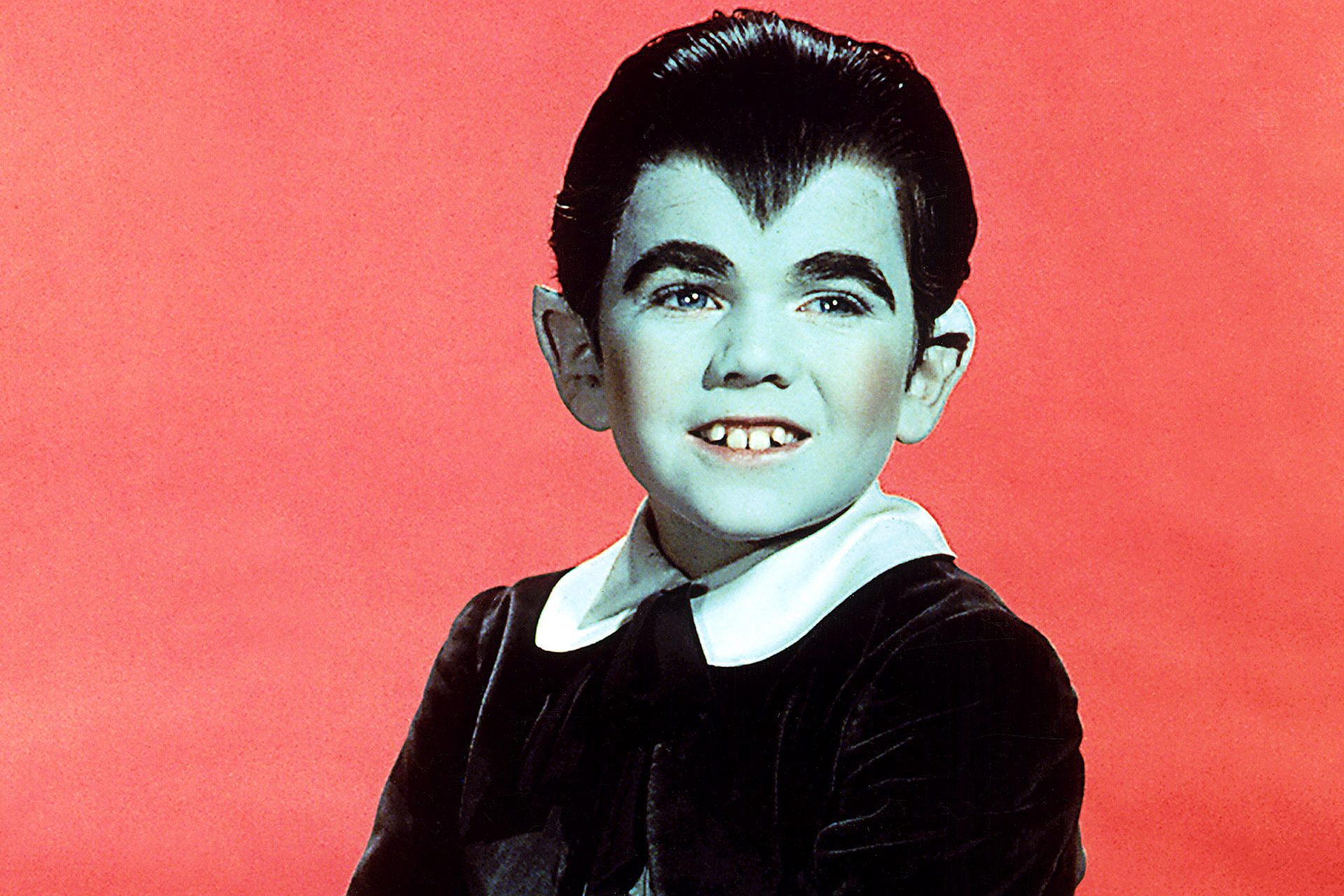Fawlty Towers: Things you didn't know about the classic comedy
Recently, John Cleese announced that the legendary British comedy series 'Fawlty Towers' is getting a sequel. The Guardian reported that Cleese, who co-wrote the series in 1975 with his wife Connie Booth, will once again play the role of clumsy hotel owner Basil Fawlty.
The release date of the sequel is still unknown. We do know, however, that Camilla Cleese, the actor's daughter with Barbara Trentham, is in the series too. She will take on the role of Basil Fawlty's daughter.
Image: Camilla Cleese / Instagram
In the continuation of this series, Basil Fawlty will, in the neurotic way we all know, run a small hotel. He recently found out about his daughter's existence and viewers will get to see how Basil Fawlty holds his own in the modern world.
Series co-creator Connie Booth is not happy about this news. She used to play the chambermaid Polly on the show and was also married to Cleese at the time. According to Veronica magazine, she regretted not hearing about the plans for a sequel until she saw it in the newspaper. She will not be cooperating.
According to Veronica, John Cleese will be the only one of the original cast to return to the series. Prunella Scales, who played Sybil Fawlty, has been diagnosed with Alzheimer's, and Andrew Sachs, the bumbling Spanish waiter, has since passed away.
The question is whether the sequel will match the success of the first series. Although 'Fawlty Towers' only had twelve episodes in total, it is still regarded as one of the best British series of all time, according to Veronica.
That's why we should immerse ourselves in a bit of nostalgia. The following slides cover the most interesting facts about 'Fawlty Towers,' the hit series of the 70s.
Did you know this? In a scene where Manuel's jacket catches fire, something went terribly wrong. The actor, Andrew Sachs, suffered major burns. He later told about it in an interview with the Daily Mail. Eventually, the actor received compensation from the BBC for the accident and his serious injuries.
In the same interview with the Daily Mail, Sachs also revealed that more things went wrong on the set. In one scene, the actor moved too fast and John Cleese accidentally hit him on the head with a real frying pan.
While many viewers loved Manuel's character, some have accused his portrayal of being racist towards Hispanic people. In The Guardian, Andrew Sachs (who was British) defended Manuel's character by saying, "If it's insulting to the Spanish, then what is Basil to the British?"
John Cleese insisted that Manuel's character was not racist. He said it's actually a nice and sincere example of a Spaniard struggling with English. In The Guardian, he said that the character was more of a critique of the exploitation of foreigners: an example of stingy British hoteliers using southern Europeans for cheap labor.
Cleese based the show on a real hotel, The Guardian reports. Basil and Sybil's characters are based on a real-life couple of hoteliers, namely Donald and Beatrice Sinclair who ran the Gleneagles Hotel in Torquay. John Cleese stayed at this hotel while working with the Monty Python team. He found his hosts to be such fascinating characters that he wanted to make a series about them.
According to The Week, the Monty Python team experienced the following when they stayed at the Gleneagles Hotel: Eric Idle's suitcase was thrown over a wall because staff thought it contained a bomb. Terry Gilliam was told he ate in a way that was 'too American,' and Graham Chapman was served an omelet with 3 fried eggs on top of it. He had asked for an omelet made of three eggs.
The series was Cleese's first major project after Monty Python. After three seasons of the groundbreaking comedy sketch show 'Monty Python's Flying Circus,' Cleese had grown tired, according to The Week. He had the feeling that the group was repeating itself. For this reason, he left Monty Python for what it was and started working on 'Fawlty Towers.'
The most infamous episode has to be the finale of season one: 'The Germans.' Here, Basil insults some German guests in the hotel. A famous and often repeated phrase from the episode is: "don't mention the war."
Since there are racist comments in this episode (not against Germans but against West Indians), the episode was removed from the BBC streaming service UKTV in 2020. According to papers like The Mirror, this happened to the contempt of many fans.
Cleese was also unhappy about the removal of the episode. He said that it must have been obvious to the audience that the behavior of some of the characters, including the major (who used to make racist comments), was depicted as wrong. He indicated that if you make a character talk nonsense, you are making fun of that character and do not promote the character's point of view. After a hefty debate and protests from fans, BBC later put the episode back online.
The Dutch radio program Vogelspot came up with a novelty last year. The well-known quote 'Don't mention the war' has gotten its own entry in the Dutch National Dictionary. Editor-in-chief Ton den Boon says that the sentence has become a permanent catchphrase in the Dutch language over the past forty years. It is often used when a sticky subject appears to come up that you would rather not talk about.
The show wasn't very well received when it first aired in 1975, The Week states. It was only thanks to the repeat showings that the show gradually built an audience. Much later, it was rated as a true TV comedy classic.
The show could have easily gone on, but Cleese and Booth decided that after two seasons and twelve episodes, it was enough for 'Fawlty Towers.' According to The Week, critics praised the strategy to prevent the show from declining in quality. Other series became inspired by their decision to keep the number of seasons limited.
Although divorced, Cleese and Booth worked together on a stage adaptation of 'Fawlty Towers' in 2016. The play premiered in Melbourne, Australia. Commercially, the show was a huge success, The Week reports, but the reviews were not so positive. As the Guardian commented: 'It's better to stay home and rewatch the old episodes on TV.'
Another odd follow-up of the series' success was its American version. It happens sometimes that British sitcoms are remade in the US to adapt the jokes to the audience (a famous example is 'The Office'). For 'Fawlty Towers,' the American remake didn't work out, The Week reports. No fewer than three attempts were made to produce a US version of this series, but the ratings were disappointing every time.






















